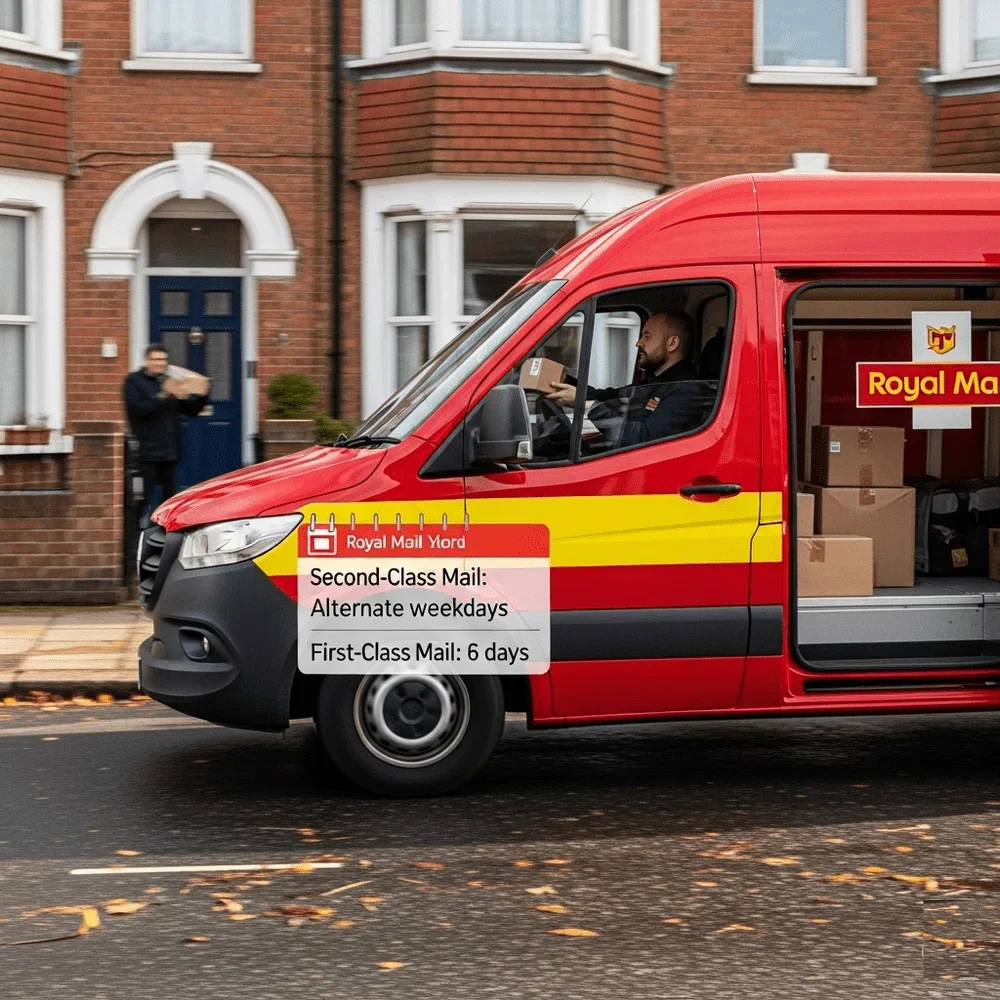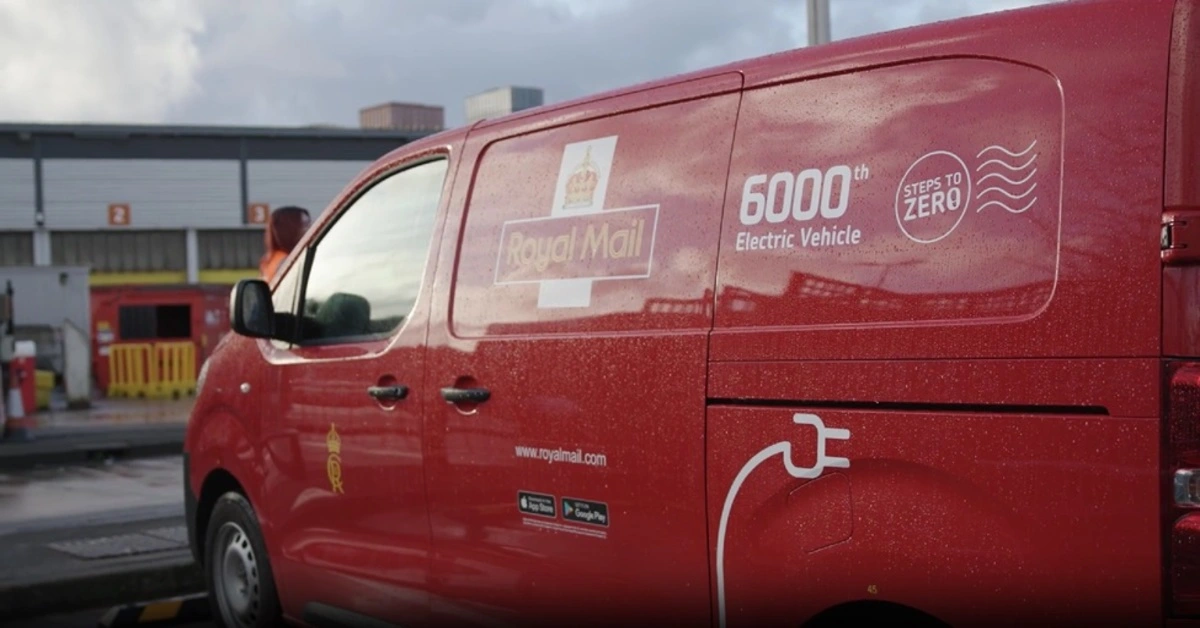In 2025, Royal Mail, the UK’s historic postal service, is implementing major changes to meet evolving market demands and secure long-term sustainability. The changes include revisions to delivery schedules, performance targets, leadership shifts, and ownership restructuring.
Starting July 28, 2025, Royal Mail introduced a new delivery model. Under the new system, second-class letters are delivered on alternate weekdays, excluding Saturdays, while first-class mail continues to be delivered six days a week. This move aims to tackle declining letter volumes and rising operational costs. Regulator Ofcom projects that these reforms could help Royal Mail save between £250 million and £425 million annually, allowing for reinvestment in services and marketing strategies. 
In line with these changes, Ofcom has revised delivery performance targets:
| Mail Type | Previous Target | New Target |
| First-class | 93% next-day delivery | 90% next-day delivery |
| Second-class | 98.5% three-day delivery | 95% within three-day delivery |
| Enforceable backstop | – | 99% of mail is delivered no more than two days late |
The leadership landscape at Royal Mail is also evolving. Jon Nicholson, who served as Managing Director of Sales, Marketing, Customer Experience & Digital for nearly 11 years, has left the company. Nicholson is preparing to pursue a new opportunity in the parcel delivery sector, signaling a growing focus on parcel services, which have seen rising demand compared to traditional mail.
Ownership of Royal Mail has also changed hands. Czech billionaire Daniel Kretinsky’s EP Group acquired Royal Mail’s parent company, International Distribution Services (IDS), for $4.6 billion. This represents the first instance in Royal Mail’s 500-year history that the company has come under foreign ownership. The UK government retains a “golden share,” which enables it to influence key decisions and safeguard the public interest.
Despite these changes, Royal Mail continues to honor its Universal Service Obligation (USO), ensuring first-class letters are delivered six days a week to 32 million addresses across the UK. The company is also enhancing its parcel delivery services to meet growing demand in the digital age.
In summary, the 2025 reforms represent Royal Mail’s strategic shift toward financial stability and operational modernization. While these measures have sparked debate over service levels and affordability, they are seen as essential steps for adapting to the evolving postal landscape. The ongoing emphasis on parcel delivery and leadership transitions highlights Royal Mail’s commitment to meeting customer needs in a rapidly changing environment.



